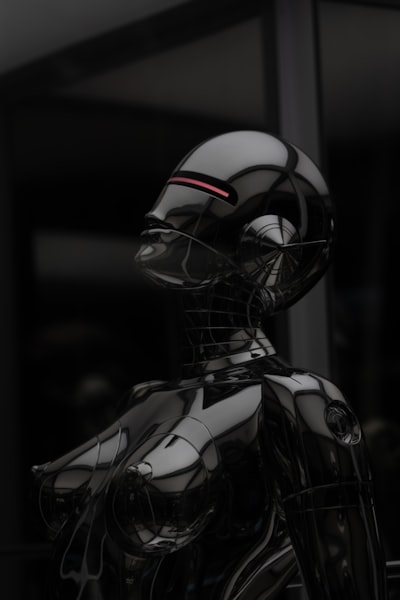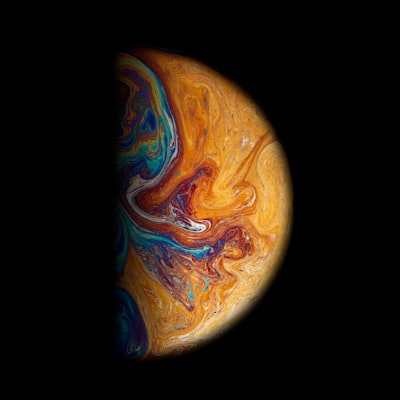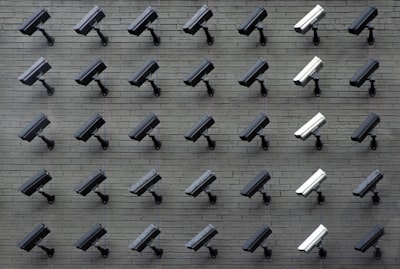As a Marine infantryman I wanted to kill like I’d been trained to do. The fact that I haven’t weighs on me. It’s a different burden than that of soldiers who have been trained to kill and do. It’s different, too, from the legless infantryman’s. Its weight comes from the scars I don’t have. It’s not on par with that of children who have lost a mother or father at war, or parents who have lost a child. I’m a veteran, but faux, disingenuous, a wannabe. When I’m thanked for my service I’m confused. There are no fewer terrorists alive because of my actions. And I wish there were. I feel slighted, as though I served in time but not in duty, because every place I went peace endured.
I can't pinpoint any moment when I knew I'd join the military. I decided gradually, influenced by a myriad of selfish and selfless desires. Admittedly, I'm a product of the Post-9/11 nationalism campaign. In elementary school I witnessed the nation sticker the back of its cars with American flags and prayers "for our troops.” On the radio I heard songs glorifying the fight of men and women in countries whose names I couldn’t yet pronounce. As I grew up my consumption of media did too. Entertainment stepped aside for education; music made way for news articles and books. But the message remained the same. In high school I devoured memoirs by Navy SEALs and dispatches from war correspondents. In my downtime I played Call of Duty. And I learned that being an American, at least one worth remembering, meant becoming a warrior.
I answered the call to enlist in 2011, and I served. I fired my rifle into paper targets at the School of Infantry. Months later we were still practicing, yelling "bang" in lieu of actual rounds, frugally training for a fight I slowly realized would never come. Fallujah fell. Training continued. A ragtag group of "JV" terrorists filled power vacuums across the Middle East. Videos of public assassinations swept across the dark web. And still, we trained just in case. It was a helpless feeling. For a moment, it had seemed like this generation's good fight was at hand — our World War II. In another moment it became apparent we would never be authorized to step foot on foreign soil to kill anyone, evil as they may be. For four years we stared down our scopes at inanimate targets and imagined that one day — soon, we told ourselves — we'd fight like those we had listened to, read about, and mimicked in our youths.
To me, "veteran" was synonymous with "warrior."
And the warless, like me, are not. But the idea that only warriors or those directly affected by war in obvious ways can speak to war's effects with authority isn't true. In many respects the difference between those who served like I did was a matter of luck. We signed the same contract, shipped off to the same training grounds and entered similar units. For months we all ran around jungles, deserts and oceans refining our tactical abilities. At-home memories of loved ones faded and love did too. Divorce and breakups were a common occurrence. All for our country, we said, swimming toward the bottom of another liquor bottle. We were as prepared as any other unit, but it was the Pentagon that chose which units went to war. Ten thousand here, 15,000 there were sent off to fight, and we stayed behind. War wasn't a reward for the most prepared, but a strategy to which we were never privy.
Every time someone discovers I served in the Marines they ask if I deployed. I respond quickly and clarify quicker because I've learned what they usually mean. "Yes, I have deployed. No, I didn't go to Iraq or Afghanistan." My tone has changed since I left active duty in January 2016. At first I clarified with sadness. I was disappointed in what I hadn't done. Now I'm more matter of fact. I know how great a blessing it is to be home and unscathed, but I can hold both feelings at once: pride that I joined and chagrin that I didn't help as I'd hoped. And so I'm a veteran, but not the kind I want to be.
When I speak to my generation of fight-less veterans they too are conflicted. Yes, we're veterans, but of a lesser kind than those who fought. We wanted war, and thought it would give life meaning. But we're not blood thirsty. Right? The men and women given the highest honors have endured the worst war has to offer. They've earned glory through focused thought and spilled blood, palatably packaged as "fighting for our freedom." Standing by is a lot less glorious. I wonder how we'll be remembered. Certainly not with the same adoration or the same glory. Without having seen combat, I feel as though I don't have a clear identity as a veteran. I'm unsatisfied by this conclusion. I need to know what it means to be my type of veteran, because for me, combat is still something I only hear or read about or watch on TV, a horror witnessed from afar.
War was supposed to be my transformation. I wanted to fight as a rite of passage. I thought combat was where men discovered life's greater meaning: the horrors of humanity and the goodness of it, in others and themselves. Carpe diem, I imagined saying, because each day after war would feel like an undeserved gift. And I wouldn't just say it, I would seize the day, because after war, what couldn't I do?
Without having been involved in combat I'm left wondering what kind of man I am. Would I have frozen or fought when the first bullet was fired? Would I have considered risking my life if it meant protecting one of my own? Not having seen combat I feel my country owes me nothing, because didn't I give them the same? Just a few years of my life on standby, no blood, no victories. Yet, I'm honored with the same title as those whose scars are physical and at times psychological and whose glory rests in their victories and losses, both tactical and personal — often respectively.
There were a handful of contrived reasons I gave for enlisting: education benefits, a sense of adventure, fulfilling a societal need and, among others, an expectation I had for myself that serving would make me a good American. All those reasons could have not existed and I still would have joined. The real reason was uncomfortable to admit: I yearned for values and character stronger than I've ever known in myself. I longed to matter in a way small town U.S.A. does not allow.
I've seen something in the eyes of those warriors who have killed too many. A prerogative, a deep inner wisdom and a knowing sense of self. If only I could have been exposed to the brutalities of war, then maybe I would understand better life's preciousness. Instead I'm left wondering just how ungrateful and self-centered my thinking must seem, how shallow I must be to want those scars. I don't know pain like vets who've lost their mobility. I don't know joy, not like those guys who thought they'd never breathe again and who today sit at their wives' sides. War, notorious for destroying lives, in a strange way, expands many more.
I will never know if I am the kind of man I admired in the documentaries and books I cherished as a kid. I doubt I'll ever feel like I am wholly a veteran, worthy of the thanks, praises and even the discounts endlessly showered on us today. But I don't want to chase conflict, because war makes no promises, and neither survival nor sanity is guaranteed. And though I know this, I wonder why I'm unsatisfied, why I feel less capable because of it, why I can't fully understand what it means to be a veteran, and why, despite the irony of which I'm very much aware, I believe I need to have killed a man to become a man.
Editors Note: This article first appeared on The War Horse, an award-winning nonprofit news organization educating the public on military service. Subscribe to their newsletter





